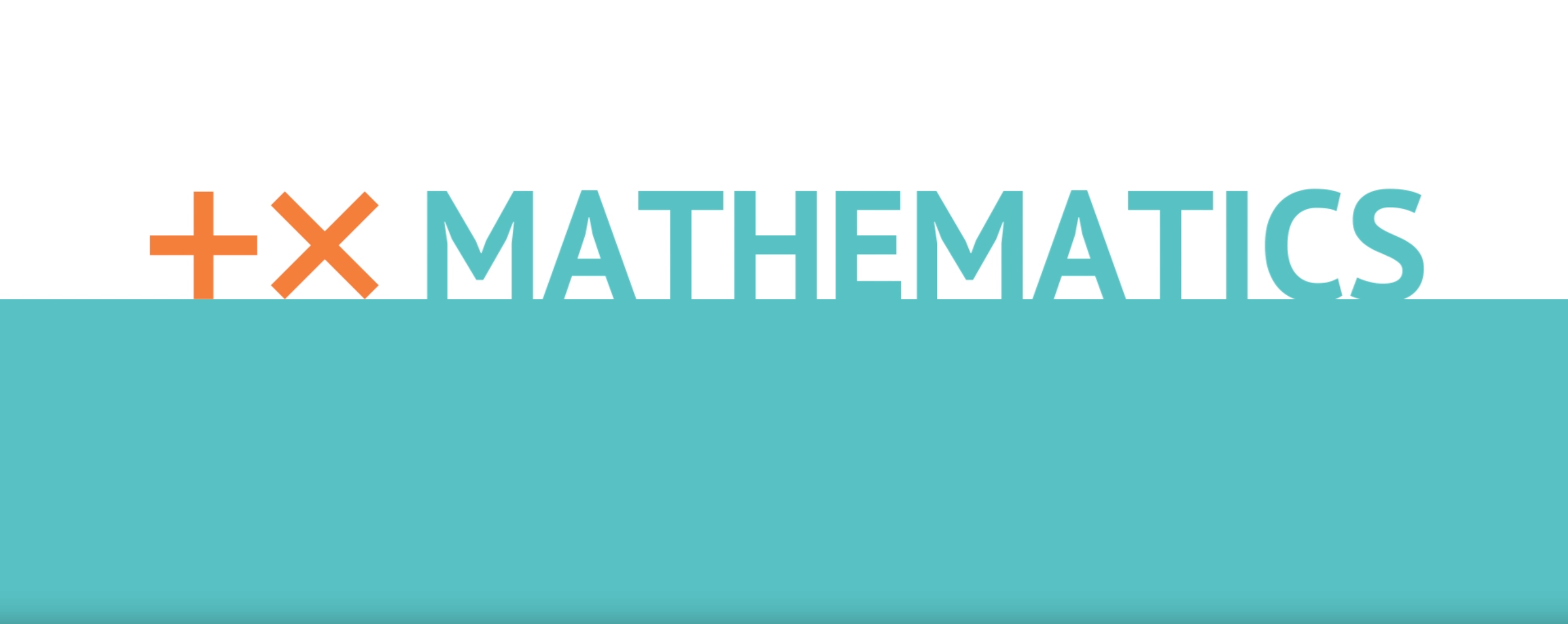About the Course
The course is dedicated to studying the main theoretical concepts of algebra and their application to solving various types of tasks that occur in different fields of mathematics. The theoretical part of the course includes basic concepts of algebra, including rational and irrational polynomials, modulus, powers and logarithms, trigonometry, plane and analytic geometry. The practical part of the course includes examples of tasks corresponding to these themes, as well as the methods and techniques used to solve them. This knowledge and skills allow students to start successfully the university course in calculus.
The online course is developed for use in distance and blended learning.
Objectives
- The study of basic concepts of algebra, including rational and irrational polynomials, modulus, powers and logarithms, trigonometric functions, plane and analytic geometry, progressions and vector operations.
- Formation of the ability to solve the most widespread types of problems related to these concepts.
Common Course Outline
- Module 1. Algebraic equations, inequalities and systems
- Lesson 1.1 Basic concepts and definitions: the dictionary of algebra
- Lesson 1.2 Linear and quadratic equations
- Lesson 1.3 Systems of equations
- Lesson 1.4 Inequalities and systems of inequalitiess
- Lesson 1.5 Forming equations from verbal descriptions
- Lesson 1.6 Completing the square
- Lesson 1.7 Solving algebraic equations
- Lesson 1.8 Solving algebraic inequalities
- Module 2. Modulus (absolute value)
- Lesson 2.1 Definition of modulus
- Lesson 2.2 Equations with absolute values
- Lesson 2.3 Solving equations with absolute values
- Lesson 2.4 Solving inequalities with absolute values
- Module 3. Irrational equations and inequalities
- Lesson 3.1 Basic concepts: irrational numbers and functions
- Lesson 3.2 Irrational equations
- Lesson 3.3 Irrational inequalities
- Lesson 3.4 Solving irrational inequalities
- Module 4. Powers and logarithms
- Lesson 4.1 Power and exponential functions
- Lesson 4.2 Logarithms
- Lesson 4.3 Exponential and logarithmic equations
- Lesson 4.4 Calculations using powers and logarithms
- Lesson 4.5 Solving logarithmic equations
- Lesson 4.6 Solving logarithmic inequalities
- Lesson 4.7 Solving exponential equations
- Lesson 4.8 Solving exponential inequalities
- Module 5. Trigonometry
- Lesson 5.1 Main concepts of trigonometry
- Lesson 5.2 Basic trigonometric formulae
- Lesson 5.3 Calculations using trigonometric functions
- Lesson 5.5 Solving trigonometric equations
- Module 6. Arithmetic and geometric progressions
- Lesson 6.1 Definition and basic properties of progressions
- Lesson 6.2 Tasks concerning arithmetic progressions
- Lesson 6.3 Tasks concerning geometric progressions
- Lesson 6.4 Combined tasks concerning progressions
- Module 7. Plane geometry
- Lesson 7.1 Basic concepts: point and line, line segment, circle
- Lesson 7.2 Triangles: definition, special cases, properties and formulae
- Lesson 7.3 Quadrilaterals: definition, special cases, properties and formulae
- Lesson 7.4 Solving geometric tasks
- Lesson 7.5 Tasks concerning quadrilaterals
- Lesson 7.6 Combined geometric tasks
- Module 8. Analytic geometry
- Lesson 8.1 Basic concepts
- Lesson 8.2 Conditions for parallel and intersecting lines. Examples of tasks in analytic geometry
- Lesson 8.3 Solving tasks in analytic geometry
- Module 9. Vector algebra
- Lesson 9.1 Basic concepts and definitions
- Lesson 9.2 Vector operations
- Lesson 9.3 Solving tasks in vector algebra
- Module 10. Tasks containing parameters
- Lesson 10.1 The concept of parameter
- Lesson 10.2 Solving tasks with parameters
Information about attestation
For the attestation, the student should:
- pass entry quiz (10% of the final grade);
- pass control tests for the course modules (50% of the final grade);
- complete lesson training tasks (10% of the final grade);
- pass examination testing (30% of the final mark).
Rating system
The results of tests and completed assignments are evaluated according to the rating system, the total amount of accrued interest for all types of activities is converted into an assessment on a four-point scale:
- «excellent» – at least 90% of successfully performed;
- «good» – at least 70%, less than 90%;
- «satisfactory» – at least 60%, less than 70%;
- «unsatisfactory» – less than 60%.
Entry requirements and target audience
The course is designed for school students of pre-graduate years and bachelors of the 1st year of study.
If you pass an introduction test for this course you will be accepted on a course.
Course authors
Goryainov Victor Sergeevich
PhD, Assoсiate professor of Photonics Department
St.-Petersburg Electrotechnical University «LETI»
Zhikorentseva Polina Aleksandrovna
Assistant professor of Humanities and Bioethics Department
St.-Petersburg Pediatric Medical University



